Far Above Rubies
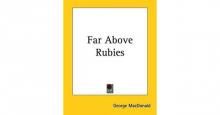

Author: George MacDonald
Category: Childrens
Published: 2005
Series:
View: 415
Read OnlineGeorge MacDonald (10 December 1824 – 18 September 1905) was a Scottish author, poet, and Christian minister. He was a pioneering figure in the field of fantasy literature and the mentor of fellow writer Lewis Carroll. His writings have been cited as a major literary influence by many notable authors including W. H. Auden, C. S. Lewis, J. R. R. Tolkien, Walter de la Mare, E. Nesbit and Madeleine L'Engle. C. S. Lewis wrote that he regarded MacDonald as his "master": "Picking up a copy of Phantastes one day at a train-station bookstall, I began to read. A few hours later," said Lewis, "I knew that I had crossed a great frontier." G. K. Chesterton cited The Princess and the Goblin as a book that had "made a difference to my whole existence". Elizabeth Yates wrote of Sir Gibbie, "It moved me the way books did when, as a child, the great gates of literature began to open and first encounters with noble thoughts and utterances were unspeakably thrilling." Even Mark Twain, who initially disliked MacDonald, became friends with him, and there is some evidence that Twain was influenced by MacDonald. Christian author Oswald Chambers (1874–1917) wrote in Christian Disciplines, vol. 1, (pub. 1934) that "it is a striking indication of the trend and shallowness of the modern reading public that George MacDonald's books have been so neglected". In addition to his fairy tales, MacDonald wrote several works on Christian apologetics including several that defended his view of Christian Universalism. George MacDonald's best-known works are Phantastes, The Princess and the Goblin, At the Back of the North Wind, and Lilith, all fantasy novels, and fairy tales such as "The Light Princess", "The Golden Key", and "The Wise Woman". "I write, not for children," he wrote, "but for the child-like, whether they be of five, or fifty, or seventy-five." MacDonald also published some volumes of sermons, the pulpit not having proved an unreservedly successful venue. MacDonald also served as a mentor to Lewis Carroll (the pen-name of Rev. Charles Lutwidge Dodgson); it was MacDonald's advice, and the enthusiastic reception of Alice by MacDonald's many sons and daughters, that convinced Carroll to submit Alice for publication. Carroll, one of the finest Victorian photographers, also created photographic portraits of several of the MacDonald children. MacDonald was also friends with John Ruskin and served as a go-between in Ruskin's long courtship with Rose La Touche. MacDonald was acquainted with most of the literary luminaries of the day; a surviving group photograph shows him with Tennyson, Dickens, Wilkie Collins, Trollope, Ruskin, Lewes, and Thackeray. While in America he was a friend of Longfellow and Walt Whitman.
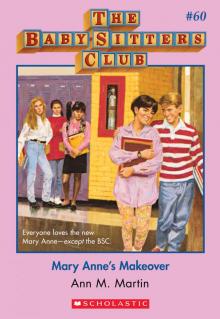 Mary Anne's Makeover
Mary Anne's Makeover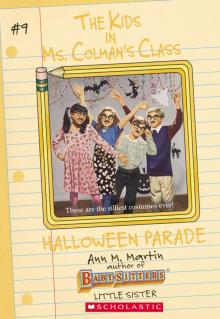 Halloween Parade
Halloween Parade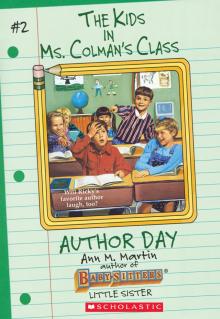 Author Day
Author Day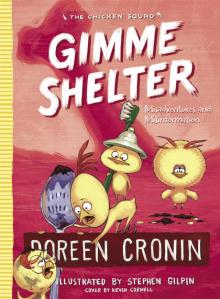 Gimme Shelter
Gimme Shelter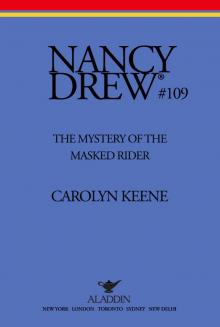 The Mystery of the Masked Rider
The Mystery of the Masked Rider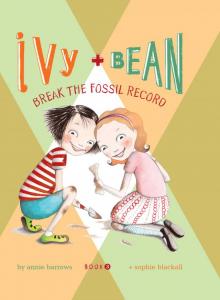 Annie Barrows
Annie Barrows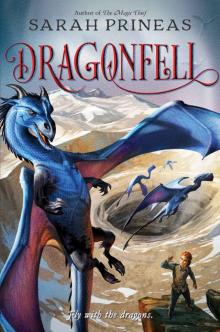 Dragonfell
Dragonfell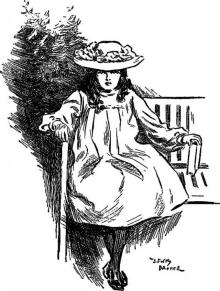 The Squire's Little Girl
The Squire's Little Girl